
 Post Category - ParentingParenting
Post Category - ParentingParentingShumei Winstanley (co-founder of Chapter Zero) and Li Ling Phua, both part of the team behind the popular Respectful/Mindful Parenting Singapore community on Facebook, tell us about the basics of Respectful Parenting, how it differs from other ‘parenting techniques’ and how it can help put a stop to helicopter parenting.
Respectful Parenting
Respectful Parenting is the philosophy of legendary infant specialist and educator Magda Gerber and it centres around respect. Respect for ourselves and respect for our children. But how do we put that respect into action? How do we ‘see’ and respect babies and children for who they are? This requires us to take a step back, because who we are as parents matters, too. Who are we? How were we parented? All of this impacts our parenting styles and, accordingly, our interactions with our children.
Self Awareness
For many of us who were brought up in traditional parenting households, we might have to first develop an awareness of how our own upbringing influences our reactions as parents. We should also make a conscious effort to understand how our culture views children and how that might conflict with the idea of children being seen as whole people from the moment they enter our world.
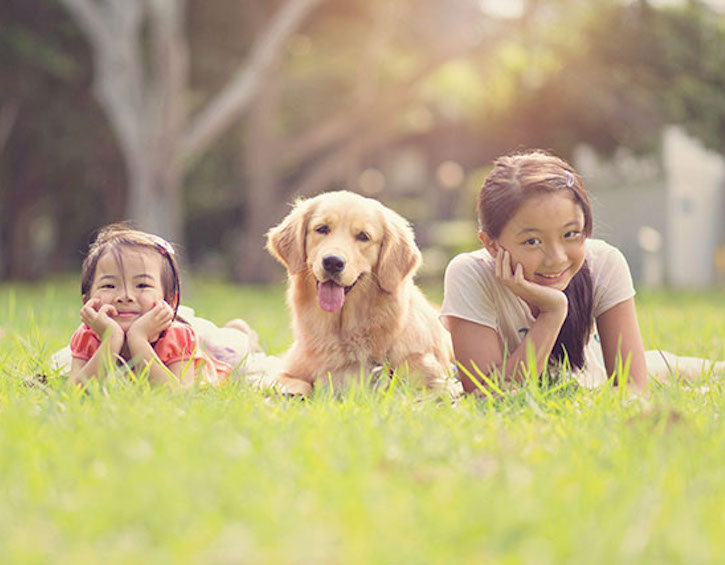
Caregiving
While our culture may see diaper changes as menial, troublesome or even irksome, in respectful parenting, caregiving moments like diaper changes, baths and feeding are seen to be times of bonding and times of togetherness. As early as day one, we treat our children as active participants who should be given utmost respect during these caregiving moments. We talk infants through every step of a diaper change, for instance, informing them when we are about to unbutton their onesie before doing so, and showing them the wet wipe before we proceed to clean them. Most of the connection we forge with our children actually happens during caregiving moments. When a child feels secure, only then can a child explore and play.
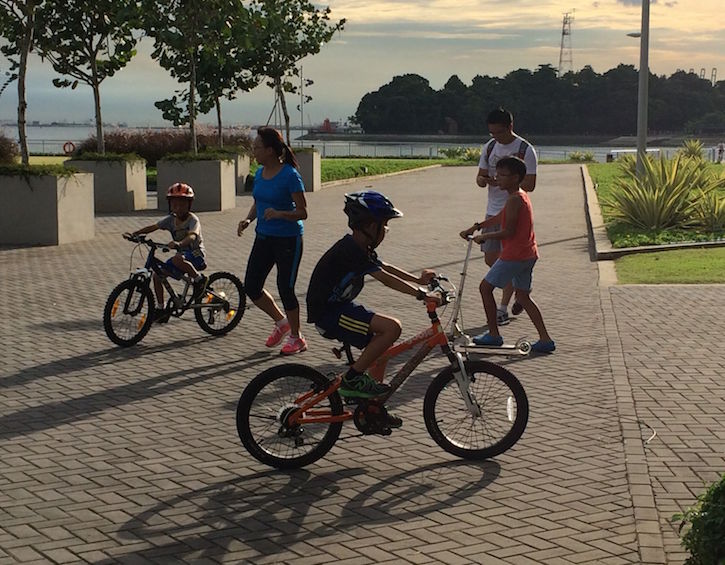
Freedom to Play and Move
Honouring a child’s innate drive to play and move is one of the pillars in the foundation of Respectful Parenting. Children are trusted to explore movements in their own time and manner, and to play without intervention or direction from adults, unless needed or sought. What does this look like? Children are never put in a position they cannot get in and out of by themselves; toys may be placed near a child but never in the hand of a child; children are allowed to choose their play according to their own interests; parents will respect a child’s play as important work and not interrupt whenever possible. There are tremendous benefits to child-directed play and being given the freedom to move. Children who are respected in this way are allowed to develop a longer attention span, to play independently without needing to be entertained, and to trust their bodies to develop at their own readiness. In this respect, parents are moving away from an age of helicopter parenting where children are ‘bubble-wrapped’.
Kindness
Our trust in our children is also prevalent when it comes to teaching children manners. We do not push children to perform social niceties like saying ‘please’ or ‘thank you’, or ask children to share. We want children to learn graciousness in their own time, and most importantly, to be sincere. It means a lot to us that children learn to treat others with kindness, but we believe the biggest impact will be made by role modelling the behaviour we want to see in them, and in allowing them to solve problems by themselves. In situations where two or more children want the same object, we wait to see if they can negotiate the conflict by themselves, and if they need assistance, to help them problem solve, while always ensuring that no one or nothing gets hurt.
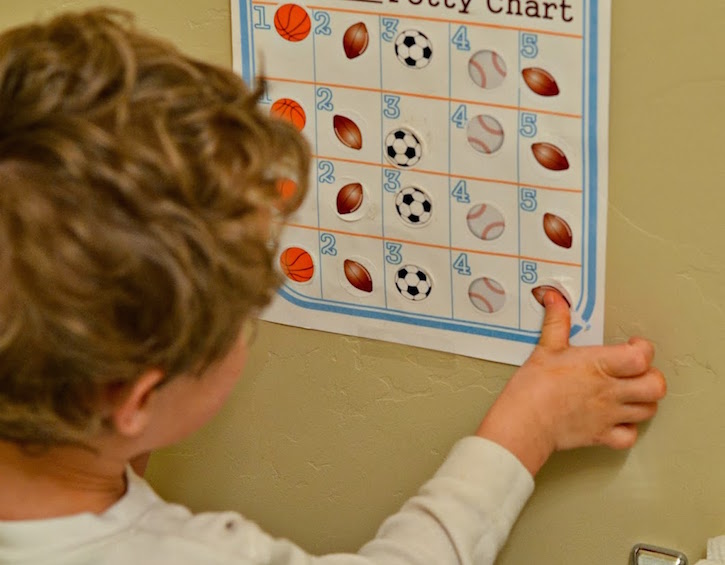
Discipline
People who are unfamiliar with respectful parenting may be surprised to learn that parents who practice this approach to parenting do not use punishment or rewards. That means no sticker charts, promising children rewards in exchange for good behaviour, no timeouts, and most definitely no physical punishment. For this reason, it isn’t uncommon for respectful parenting to be mistaken as permissive parenting. “How do you teach children right from wrong if you don’t punish them?” parents often ask. While respectful parents consciously choose not to punish children, it does not mean we don’t discipline them. ‘Discipline’ and ‘punishment’ are frequently used interchangeably, but they are not synonyms. Punishment inflicts suffering for past behaviour, whereas respectful parents choose to discipline instead because it focuses on teaching desirable future behaviour. We discipline children by modelling the behaviour we want to see in our children, setting clear boundaries, using natural and logical consequences, to name a few. This manner of parenting is rooted in connection and trust. Ultimately, respectful parents want to help their children develop self-discipline and intrinsic motivation.
Emotions
Another important aspect of respectful parenting is accepting all of our children’s emotions, good or bad. In fact, we avoid seeing feelings like sadness and anger as ‘bad’. We want to help our children embrace all of their emotions as natural so that they grow up to be emotionally balanced adults. We do not dismiss or shush feelings away, but help children to become aware of their emotions, and over time, learn to regulate their emotions better. We also aim to find out the root cause of their upset feelings so that we can meet the unmet needs that may be triggering these feelings. Even when our children are having a hard time with stormy feelings, we seek to connect.
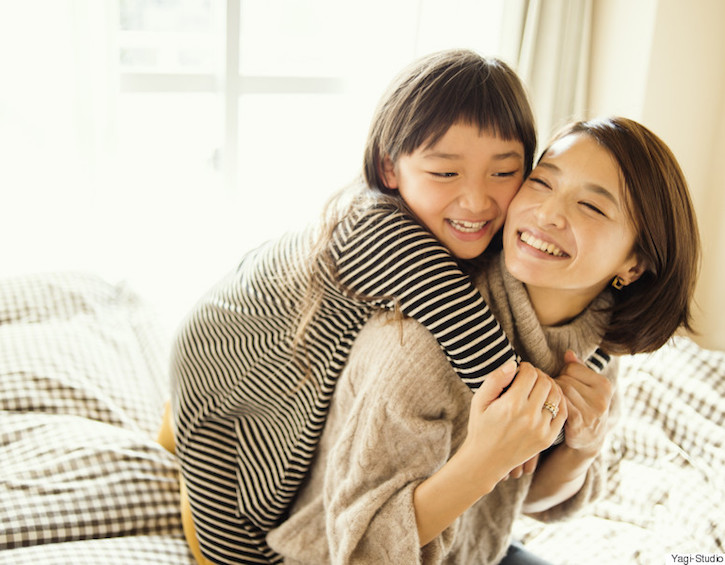
Authenticity
It is clear from what we’ve discussed so far, that respectful parenting places great value on nurturing a child who is authentic. A respectful parent wants the child to feel safe in the knowledge that she is accepted for who she is – “I see you”. But authenticity is also required of the carer – “I see you”. As important as helping a child grow up to be true to herself, is making sure that the parent, the other party in this parent-child relationship, is authentic. What is authenticity in a parent? It is knowing that:
– I have needs too
– I am not perfect, but I’m always open to learning.
An authentic parent is one who pays attention to her own needs as well as the child’s. A big part of respectful parenting is actually self-care. Respectful parents do not sacrifice all of their own needs for the child. Instead, they recognise that they have needs too, and that they need to fill their own cups so as to be better able to fill the child’s.
Letting Go of Perfection
Last but not least, parents need to be able to accept that they are not perfect. They will slip up, and they may yell or shout or threaten when they are upset. It’s OK; children need to know that no one is perfect, even their parents whom they revere. But respectful parents make time to repair the relationship. We apologise for losing our temper and tell our children how we hope to do better next time. In this way, we are also modelling for our children how to reflect on our actions, to own our mistakes, and also to seek progress.
None of us are perfect parents, but we are good enough.



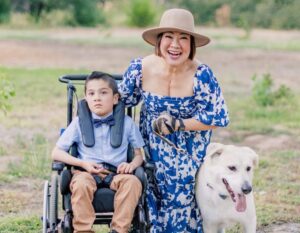


 View All
View All
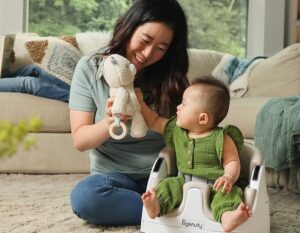
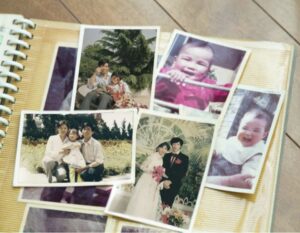



 View All
View All







 View All
View All






![[𝗡𝗘𝗪] 📅 𝗪𝗲𝗲𝗸𝗲𝗻𝗱 𝗽𝗹𝗮𝗻𝗻𝗲𝗿 (𝟰 – 𝟲 𝗔𝗽𝗿𝗶𝗹 𝟮𝟬𝟮𝟱)
Looking for fun activities with the kids this weekend? Check out the new Canberra Cove water play area, cool art installations at Punggol Waterway, and exciting Easter events happening around town! From theatre shows to fairs and flea markets, there’s something for everyone.
Comment "Weekend" or link in bio for the full list of family-friendly events!
Follow us on Telegram @sassymamasg for weekly updates!
.
.
.
.
.
.
#KidsEventsSG #WeekendWithKids #ParentingSG #ThingsToDoInSG #SGMoms #SgKids #WeekendPlanner #FamilyActivities #FunForKids #SGfamilyfun #SGkidsactivities #SGparents #FamilyOuting #sgmummy #sgmums #sgparents #sgmummies #sgparenting #sgbabies #sgmoms #sgtoddlers #sgchildren #sgfamily #sgbaby #sgtoddler #sgparenthood #sgkid #sgdad #mumsg #sgkidsactivities](https://www.sassymamasg.com/wp-content/plugins/instagram-feed/img/placeholder.png)
